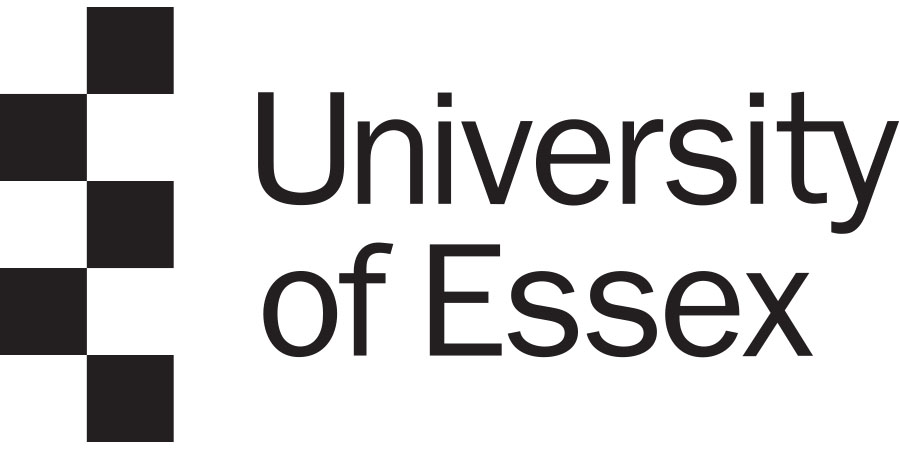PhD Studentship: Biodiversity Conservation. An Empirical Analysis of the Ways that Developers in England are Working to Achieve Biodiversity Net Gain (BNG).
University of Essex - Business / Life Sciences
| Qualification Type: | PhD |
|---|---|
| Location: | Colchester |
| Funding for: | UK Students, Self-funded Students |
| Funding amount: | Living costs stipend at the UK Research and Innovation recommended level per year. The stipend for 2024-25 is £19,237. The rate for 2025-26 TBA. |
| Hours: | Full Time |
| Placed On: | 21st November 2024 |
|---|---|
| Closes: | 7th February 2025 |
| Reference: | 11362 Business_Life Science |
Project Overview
This is an opportunity to conduct fully funded interdisciplinary research under the ‘Sustainable Transitions – Leverhulme Doctoral Training Programme’ at the University of Essex.
The project provides the opportunity to analyse the contributions that businesses and governmental organizations are providing in relation to biodiversity conservation, by studying the ways that developers are applying the Biodiversity Net Gain (BNG) regulation applicable in England. This regulation, which has become mandatory since February 2024, affects some types of developers in England who, unless exempt, are required to provide a 10% increase in the biodiversity value of habitats within their development. This can be delivered by improving on-site habitats, off-site habitats, or by purchasing statutory biodiversity credits.
This project aims to investigate the impact that developers have on biodiversity loss and to assess whether their impact on biodiversity loss has improved after the enactment of the BNG regulation. The purpose of the study is therefore to evaluate the effectiveness of the regulation in limiting biodiversity loss and to identify the challenges developers face in implementing this regulation. There is scope to approach this project from a number of different perspectives. This could include the use of quantitative methodologies, using a large sample of developers in England, quantitative methodologies, by focusing on a few local councils or planning authorities, and/or mixed methods.
Interdisciplinary Focus and Methods
The interdisciplinary nature of the project lies in the understanding of the relationship between business practice and biodiversity, by synthesising concepts and methodologies from these disciplines. The purpose of the project is to assess the strengths and weaknesses of different approaches to biodiversity conservation by considering aspects of ecological (e.g. biodiversity monitoring practices, ecological informatics) and business relevance (e.g. non-financial reporting practices, accounting mechanisms, corporate governance structures).
Training and Support
You will be supported through the Sustainable Transitions training programme which provides initial training in interdisciplinary research methods, training in the secondary discipline within the project area and ongoing training throughout the duration of the programme. All doctoral scholars benefit from the support of Proficio which entitles you to £2,500 that can be used to purchase training courses either within or external to the University. Additionally Sustainable Transitions scholars are entitled to £10,000 that can be used to cover research costs and further training. Scholars are encouraged to audit masters and degree level course where appropriate. You will also have the support of the Sustainable Transitions management team, as well as your own supervisory team. All Sustainable Transitions scholars will become part of the University of Essex ‘Centre for Environment and Society’ through which ongoing events and networking opportunities are available.
Person Specification
This opportunity would suit a candidate with a degree/ background in accounting or business management. In particular, students who have studied corporate social responsibility at master's level may be well suited. It is not necessary for the candidate to have prior training in biodiversity as training can be provided on the programme. However, an active willingness to learn new methodologies outside the business/accounting domain would be essential.
Research Proposal
The project area is broadly defined, leaving scope for the applicant to develop their own specific research proposal as part of the application. The successful candidate will further develop their proposal in close consultation with the supervisory team. Further details are available via the above ‘Apply’ button.
Advert information
Type / Role:
Subject Area(s):
Location(s):









